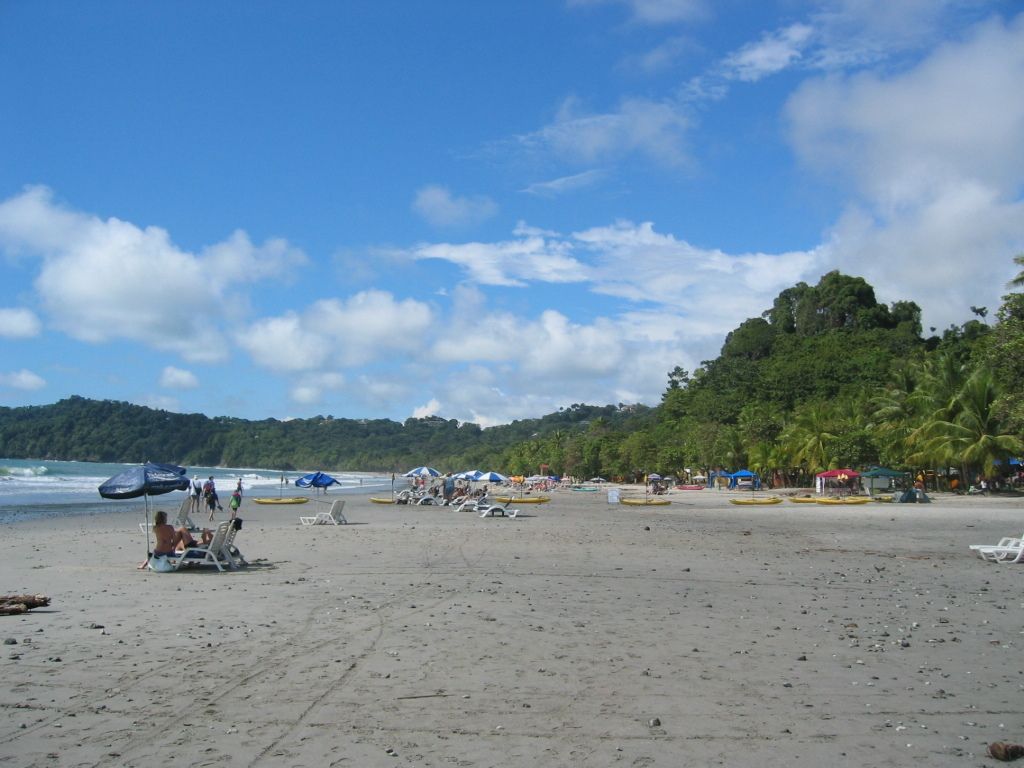Temporary pedestrian zones: fostering a friendlier atmosphere in Berlin
Berlin's Wrangel Street Transforms into a Temporary Playground on Fridays
Every Friday afternoon, and particularly during the summer months, Wrangel Street in Berlin's Kreuzberg district temporarily turns into an asphalt playground for local children. The transformation takes place at the intersection of Sorauer Street and Oppelner Street, where barriers and signs indicate this change.
Resident-led initiatives have set up benches, tables, and other play facilities in a designated section of the street. From 3:30 PM, the street becomes a safe space for children to bicycle, play with balls, and draw on the asphalt. During this time, cars are required to detour around this section, while cyclists are asked to push their bicycles.
Florian Fleischmann, a member of the Wrangel Street Residents' Initiative, remains calm despite occasional rain or low early attendance. He notes that more children start to arrive when the last kindergarten pick-up occurs at 4 PM. The concept of temporary play streets originated from England, and has been popular in German cities since the 2010s.
Applications for temporary play streets must be submitted annually by residents and are subject to district office approval. Criteria for approval include the location being a side street not used by public transport, providing enough shade for summer, and not bordering a large parking area. In Berlin, about 50 street sections are permitted for temporary play use.
The alliance for Temporary Play Streets supports local initiatives and is responsible for the support of the respective district administration. The alliance advocates that this open-ended framework allows spaces to be created where they are needed, catering to the youngest residents' requirements.
The Wrangel Street initiative has grown from initial skepticism to wide respect over the past few years. Cargo bikes are used to transport goods to nearby shops during the street closure, minimizing inconvenience for business owners and residents. Additionally, local cafes have reported increased business due to the influx of parents and children at the play street.
Eva Pyko, a resident and marshal in Wrangel Street, shares this sentiment. Having raised her child in the neighborhood, she both urges and witnesses the need for child-friendly spaces in the often car-dominated city center. The article 31 of the UN Convention on the Rights of the Child underscores the importance of children's right to play for self-exploration, rule-learning, and healthy social development.
While funding for temporary play streets in Berlin receives €150,000 annually and has thus far avoided the announced cuts in 2023, its future funding for years 2026/27 remains uncertain. The Senate Administration is currently reviewing the funding proposals of the individual departments, and a parliament vote on the double budget 2026/27 will take place before the summer break.
The temporary play streets have a positive impact on the neighborhood community, fostering a sense of unity among parents, children, and local businesses. The initiative continues to grow and adapt, ensuring a safe and engaging space for children to play while also contributing to Berlin's vibrant community scene.
The Wrangel Street Residents' Initiative has transformed a section of Wrangel Street into a temporary home-and-garden for local children, complete with play facilities and a landscape suitable for play. On Fridays, from 3:30 PM, the street is repurposed as a lifestyle space, allowing children to engage in various activities, including cycling, playing with balls, and drawing on the asphalt.




